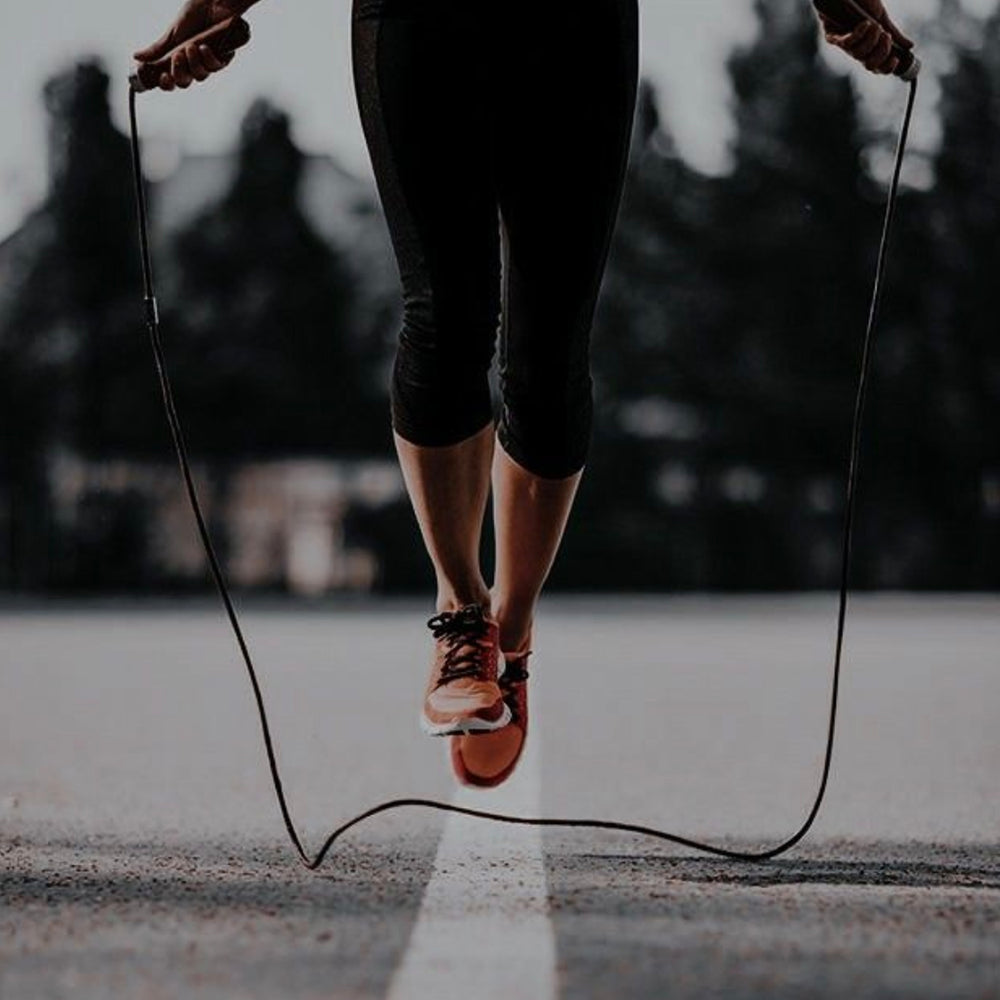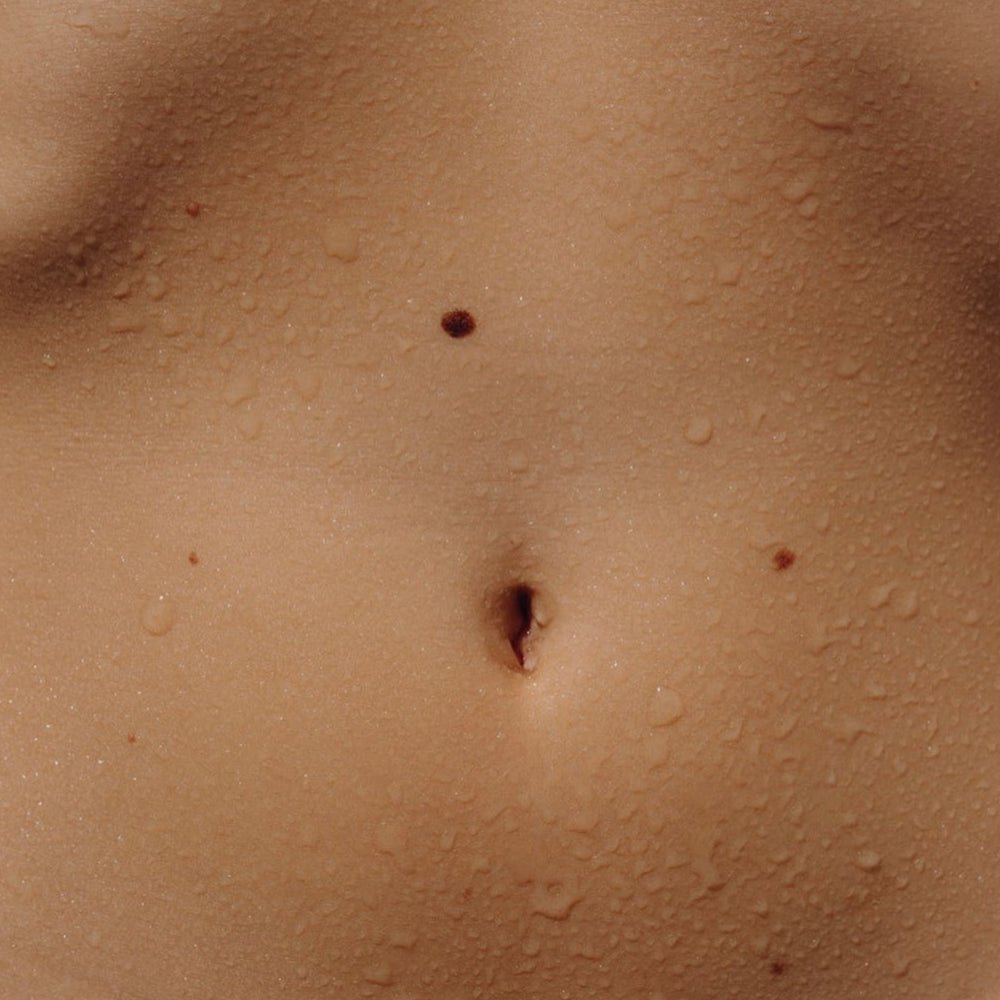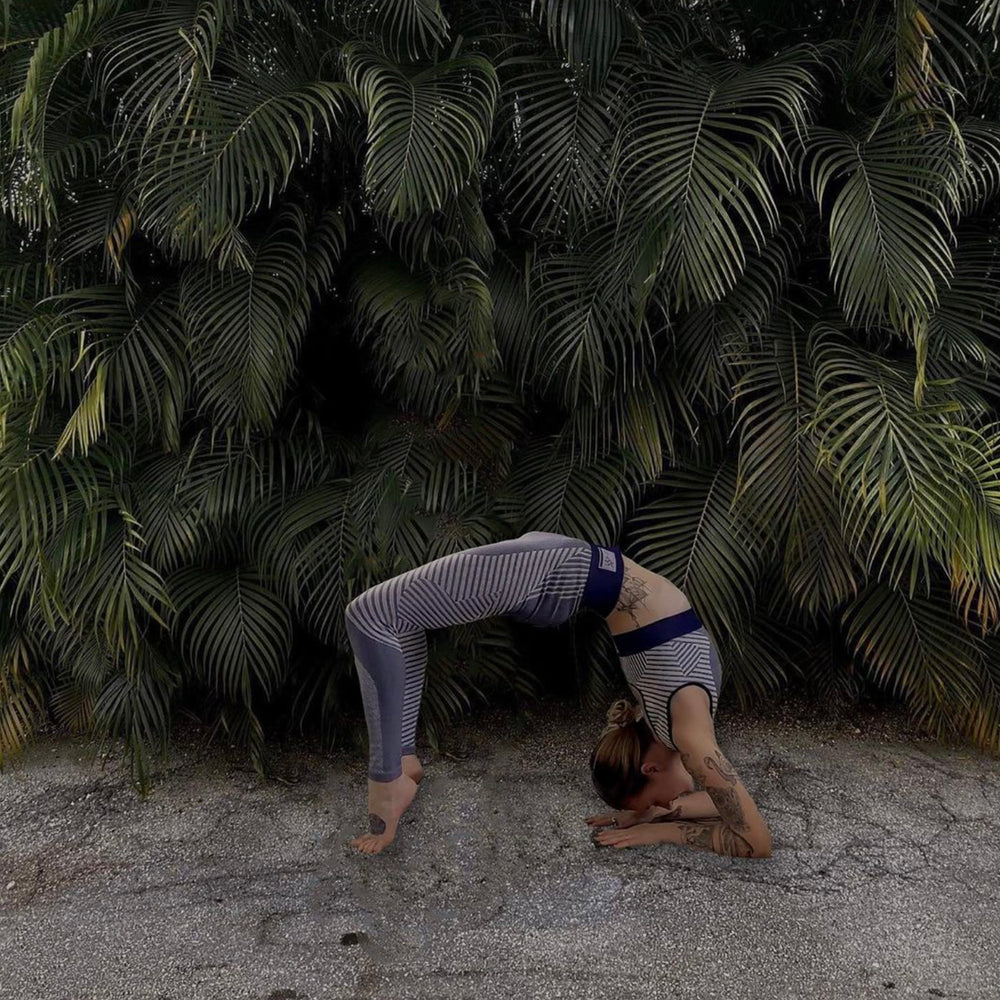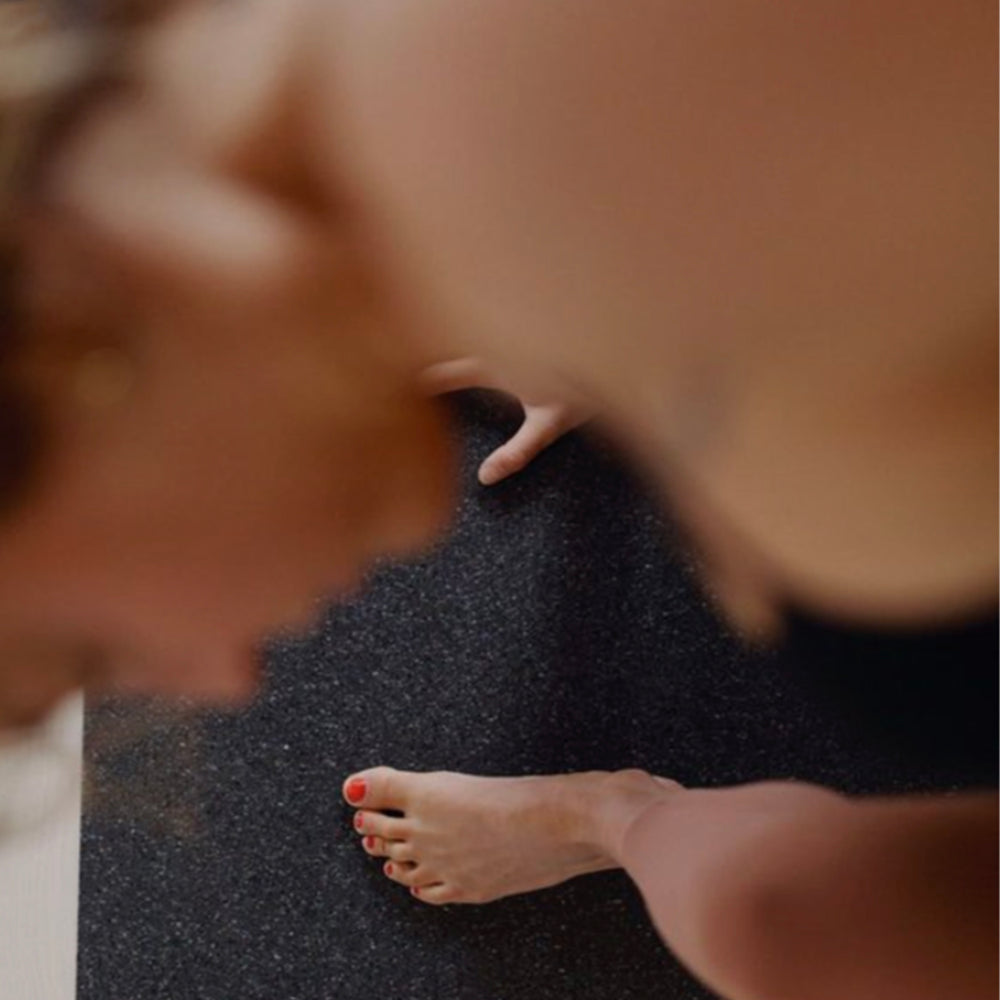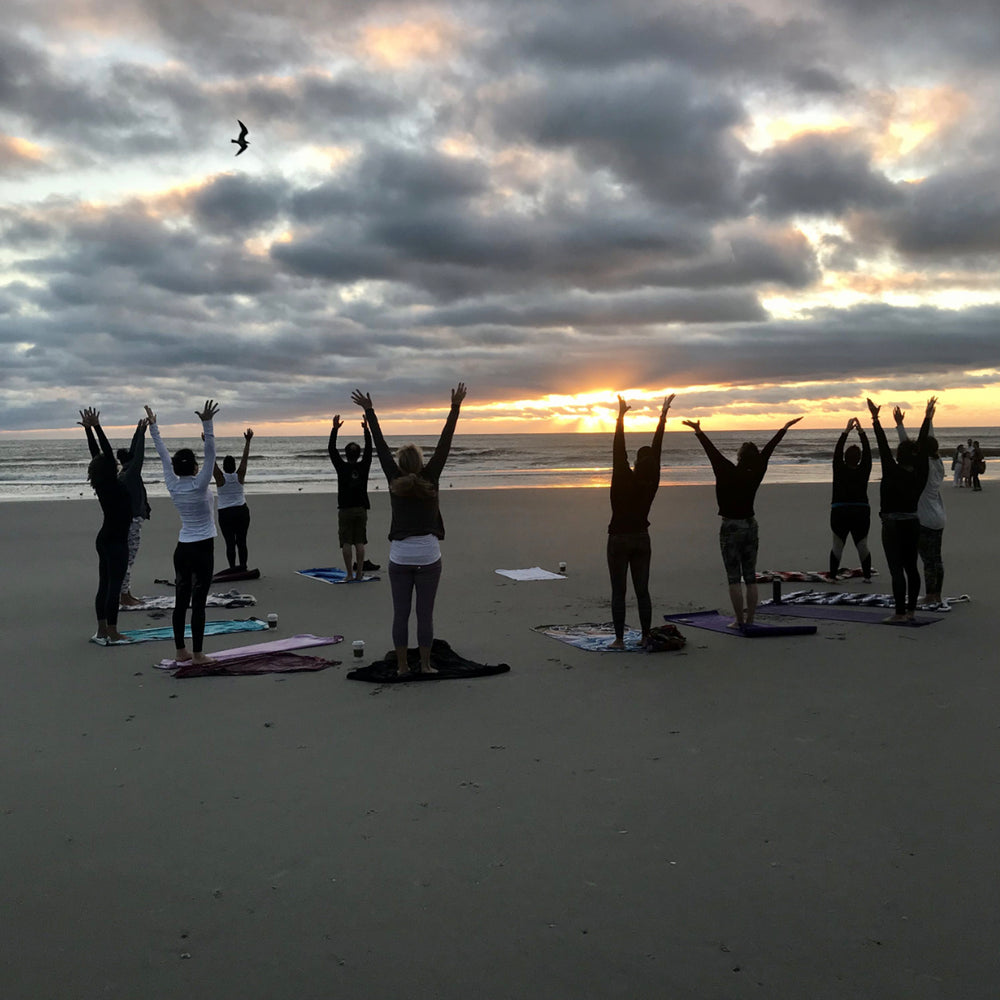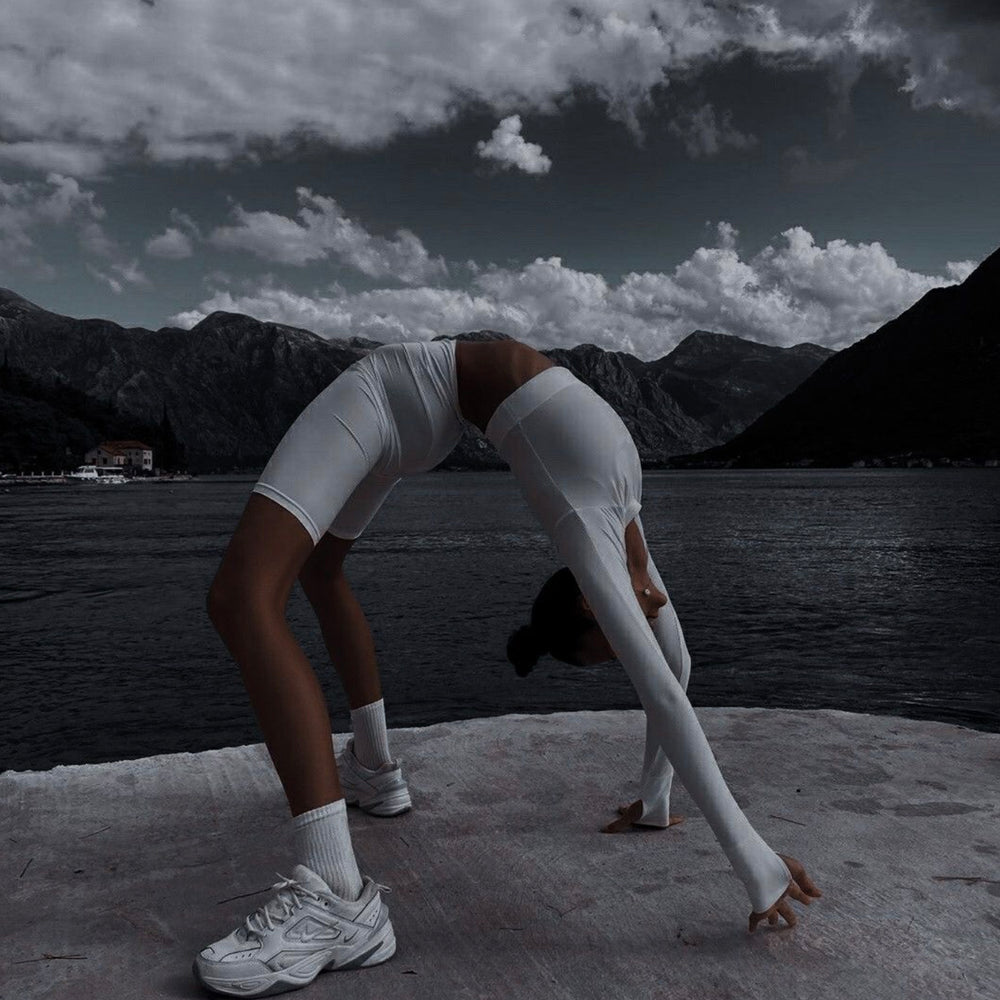
Stress is an ever-present challenge, affecting both our mental and physical health. Finding ways to unwind and relax is essential for maintaining a balanced life. Yoga, known for its calming and restorative properties, offers an effective means to de-stress and relax the mind. This article explores a series of yoga poses specifically designed to alleviate stress, promote relaxation, and bring tranquility to the mind.
Understanding Stress and the Role of Yoga
Stress triggers the body's fight or flight response, causing physical and emotional tension. Chronic stress can lead to numerous health issues, including anxiety, depression, insomnia, and hypertension. Yoga, with its focus on mindful movements, breath control, and meditation, can help mitigate these effects by inducing the body's relaxation response.
Yoga Poses for De-Stressing and Relaxation
1. Child’s Pose (Balasana)
A foundational restorative pose, Child’s Pose helps to calm the mind and relieve tension in the body.
**Technique**: Kneel and sit back on your heels, fold forward with your arms extended or by your sides. Rest your forehead on the mat and breathe deeply, allowing your entire body to relax.
2. Cat-Cow Stretch (Marjaryasana-Bitilasana)
This gentle flow soothes the mind and brings flexibility to the spine, releasing tension in the back and neck.
**Technique**: On all fours, alternate between arching your back and rounding it upwards, syncing the movement with your breath.
3. Seated Forward Bend (Paschimottanasana)
A deeply calming pose, Seated Forward Bend helps relieve stress, stretch the spine, and soothe the nervous system.
**Technique**: Sit with your legs extended, inhale to lengthen your spine, and exhale to gently fold forward from the hips, reaching towards your feet.
4. Legs-Up-The-Wall Pose (Viparita Karani)
This restorative inversion calms the nervous system, reduces stress, and promotes relaxation.
**Technique**: Sit close to a wall, then lie back and extend your legs up the wall. Rest your arms by your sides or on your abdomen, and breathe deeply.
5. Corpse Pose (Savasana)
Essential for concluding any yoga practice, Savasana fully relaxes the body and allows the mind to unwind.
**Technique**: Lie on your back with your legs slightly apart and arms relaxed at your sides, palms facing up. Close your eyes and focus on deep breathing, allowing your body to completely relax.
Integrating Yoga into a De-Stressing Routine
Incorporate these poses into a daily or weekly routine, ideally in a quiet space where you won’t be disturbed. Even a short session can significantly reduce stress levels and enhance overall well-being.
Tips for a Stress-Relieving Yoga Practice
**Create a Calming Environment**: Practice in a peaceful area, free from distractions. Soft lighting and relaxing music can enhance the experience.
**Focus on the Breath**: Use deep, controlled breathing to deepen the relaxation effect and calm the mind.
**Hold Poses for Longer**: Spend more time in each pose to allow the body to relax and release tension.
**Use Props for Comfort**: Utilize cushions, blankets, and bolsters for additional support and comfort in poses.
**End with Relaxation**: Conclude your practice with Savasana to fully assimilate the benefits and achieve a state of deep relaxation.
The Role of Meditation in Stress Relief
Incorporating meditation or mindfulness at the beginning or end of your yoga routine can significantly enhance stress reduction. A few minutes of mindful breathing or guided meditation can provide profound mental relaxation.
Overcoming Challenges in Stress-Relief Yoga
It can be challenging to quiet the mind and let go of day-to-day concerns. Acknowledge your thoughts, then gently redirect your focus to your breath or the sensations in your body.
Yoga as a Tool for Mental Well-being
In addition to physical benefits, yoga offers psychological advantages by reducing stress, enhancing mood, and fostering a sense of peace and mindfulness.
The Importance of Regular Practice
Consistent practice is key to experiencing the full stress-relieving benefits of yoga. Establish a routine that fits into your lifestyle and notice the gradual improvements in your mental state.
Yoga provides a pathway to de-stress and relax, offering a refuge from the hectic pace of modern life. By incorporating these specific yoga poses into your routine, you can alleviate stress, promote relaxation, and find mental clarity and tranquility. Embrace these practices with an open heart and mind, and experience the transformative effects of yoga on both your body and mind. Remember, the journey to relaxation through yoga is a personal one; approach it with patience, consistency, and self-compassion.
|




